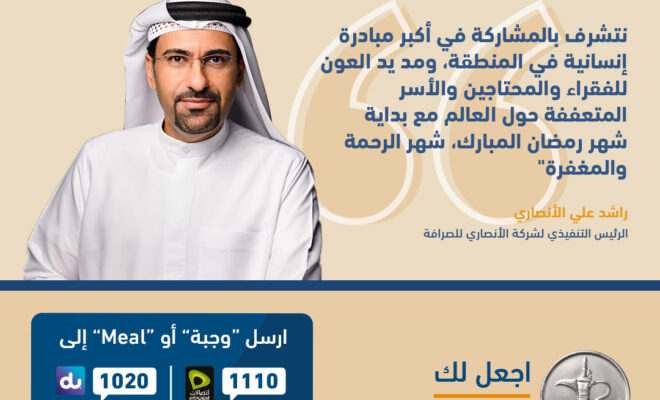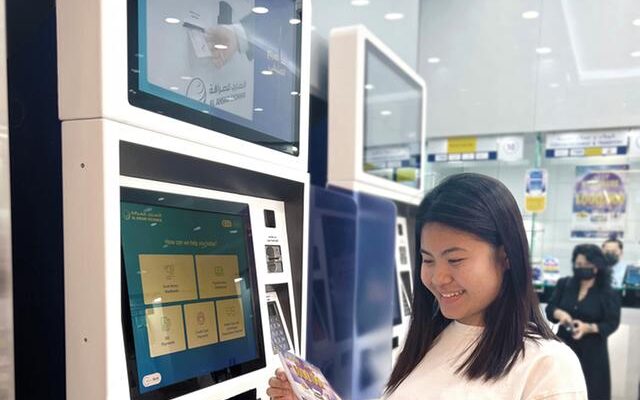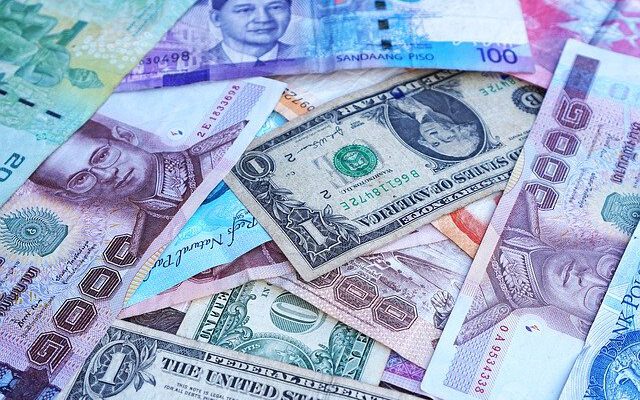These categories of UAE workers remitting money have to be present at exchange centers

Housemaids, Cook, Cleaners, Servants be physically present to remit money
Dubai: Housemaids and domestic workers in the UAE who wish to send home money have to be physically present at the exchange house to conduct their transactions. If domestic workers are unable to be physically present themselves, their sponsor can send money on their behalf, but only after producing an authorisation letter from their worker, money exchange houses told Gulf News.
Antony Jos, Director, Joyalukkas Exchange said according to “The Standards for Exchange Business in the UAE (Version 1.10) — February 2018” issued by Central Bank of UAE, domestic workers can send money to their family through their sponsor via exchange houses, provided they give their employer an authorisation letter to conduct the transaction on their behalf.
While the rule has been in place since 2018, exchange houses have been lenient on this aspect. However, recently the UAE Central Bank has become strict in the implementation of this rule. He said exchange houses risk a hefty fine — ranging between Dh50,000 and Dh500,000 depending on the severity of the breach and at the discretion of the Central Bank, if they fail to comply with the regulations.
According to the Central Bank ruling issued in February 2018, Jos said that the rule in this case pertains to a ‘third party transaction’, wherein it is carried out by a person known as ‘the representative’ on behalf of another natural person or a legal entity known as ‘the beneficial owner of funds’.
Jos said in the case of a house maid, cook, servant or cleaner, the representative must produce a letter signed by the owner of the funds, authorising the representative to carry out the transactions. “This letter of authority must refer to the type of transactions (whether currency exchange or money transfer), which the representative is authorised to carry out on behalf of the owner of funds as well as the identification details of both parties.”
He added the ‘licensed person’ or the exchange house must not accept third party transactions except in cases where “the representative produces a duly executed Power of Attorney (PoA) from the owner of funds to carry out such transactions. Where there is no PoA, the owner of funds must issue a letter authorising the representative to carry out transactions on his/her behalf. The owner of funds must visit the ‘licensed person’ to sign such letter of authority, the validity of which shall not exceed two years from the date of issue,” he said.
Inclusions in letter of authority
Jos said the letter of authority must also include the beneficiary details in the case of a money transfer transaction. The representative and the beneficial owner of funds must both be residents in the UAE. Original identification documents of both parties must be collected and verified,” he said.
A spokesperson for Wall Street Exchange (WSE), part of the federally owned Emirates Post Group, also confirmed that domestic workers who work as housemaids, cooks, servants and cleaners, etc, unable to visit the exchange’s branches are allowed to conduct transactions through the exchange after their duly authorised representative (e.g. their sponsor) provides the authorisation letter.
“The letter of authorisation must refer to the type of transactions (whether currency exchange or money transfer), which the representative is authorised to carry out on behalf of the beneficial owner of funds. Also mandatory are the ID details of the representative and the fund owner. The letter must also include the details of the beneficiary in the home country in the case of a money transfer transaction”.
Source: Gulf News














